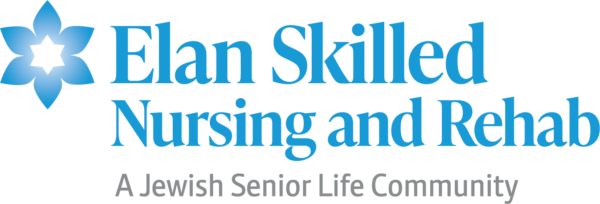September is Prostate Cancer Awareness Month
Seniors and Prostate Cancer – What You Need to Know

Prostate cancer is a significant health concern for men, especially as they age. Awareness of this condition is crucial for early detection and effective treatment. In this blog, we will cover the essentials of prostate cancer, including risk factors, symptoms, and preventive measures.
Understanding Prostate Cancer
Prostate cancer originates in the prostate gland, which is a small walnut-shaped gland in men that produces seminal fluid. It is one of the most common types of cancer among men, but with early detection, the chances of successful treatment are high.
Risk Factors
Several factors can increase the risk of developing prostate cancer:
- Age: The risk increases as men get older, particularly after age 50.
- Family History: Having a father or brother with prostate cancer more than doubles a man’s risk.
- Race: African-American men are at higher risk compared to men of other races.
- Diet and Lifestyle: A diet high in red meat and high-fat dairy products may increase the risk.
Symptoms
In its early stages, prostate cancer may not present noticeable symptoms. However, as it progresses, some signs may include:
- Difficulty urinating or a weak urine stream
- Blood in urine or semen
- Discomfort in the pelvic area
- Bone pain
It’s important to note that these symptoms can also be related to other non-cancerous conditions.
Early Detection and Screening
Early detection through screening can significantly improve treatment outcomes. Common screening methods include:
- Prostate-Specific Antigen (PSA) Test: Measures the level of PSA in the blood, with higher levels suggesting a greater likelihood of prostate cancer.
- Digital Rectal Exam (DRE): A physician examines the prostate for abnormalities.
- Men should discuss with their healthcare providers about the benefits and risks of screening, especially if they have risk factors for prostate cancer.
Prevention and Healthy Lifestyle Choices
While there is no sure way to prevent prostate cancer, certain lifestyle choices can help reduce the risk:
- Maintain a Healthy Diet: Focus on a diet rich in fruits, vegetables, and whole grains while limiting red meat and high-fat dairy products.
- Exercise Regularly: Physical activity can help maintain a healthy weight and reduce the risk of various types of cancer.
- Regular Check-Ups: Routine health check-ups can aid in early detection of potential issues.
Support and Resources
For those diagnosed with prostate cancer, support is available through various organizations and communities. These resources offer information, counseling, and support groups to help patients and their families navigate through the journey:
- American Cancer Society
- Prostate Cancer Foundation
- Us TOO International Prostate Cancer Education & Support Network
Increasing awareness about prostate cancer is crucial in promoting early detection and supporting those affected by this disease. By understanding the risks, symptoms, and preventive measures, individuals can take proactive steps toward better health.
 Dr. Ken Sebastianelli has served as Medical Director for Elan Skilled Nursing and Rehab, a Jewish Senior Life Community, since 2012. Dr. Sebastianelli is a board-certified Internal Medicine practitioner with Prime Med Medical Group, and is affiliated with Geisinger Community Medical Center and Moses Taylor Hospital. He is also a member of the Medical Executive Committee at Geisinger Community Medical Center.
Dr. Ken Sebastianelli has served as Medical Director for Elan Skilled Nursing and Rehab, a Jewish Senior Life Community, since 2012. Dr. Sebastianelli is a board-certified Internal Medicine practitioner with Prime Med Medical Group, and is affiliated with Geisinger Community Medical Center and Moses Taylor Hospital. He is also a member of the Medical Executive Committee at Geisinger Community Medical Center.





